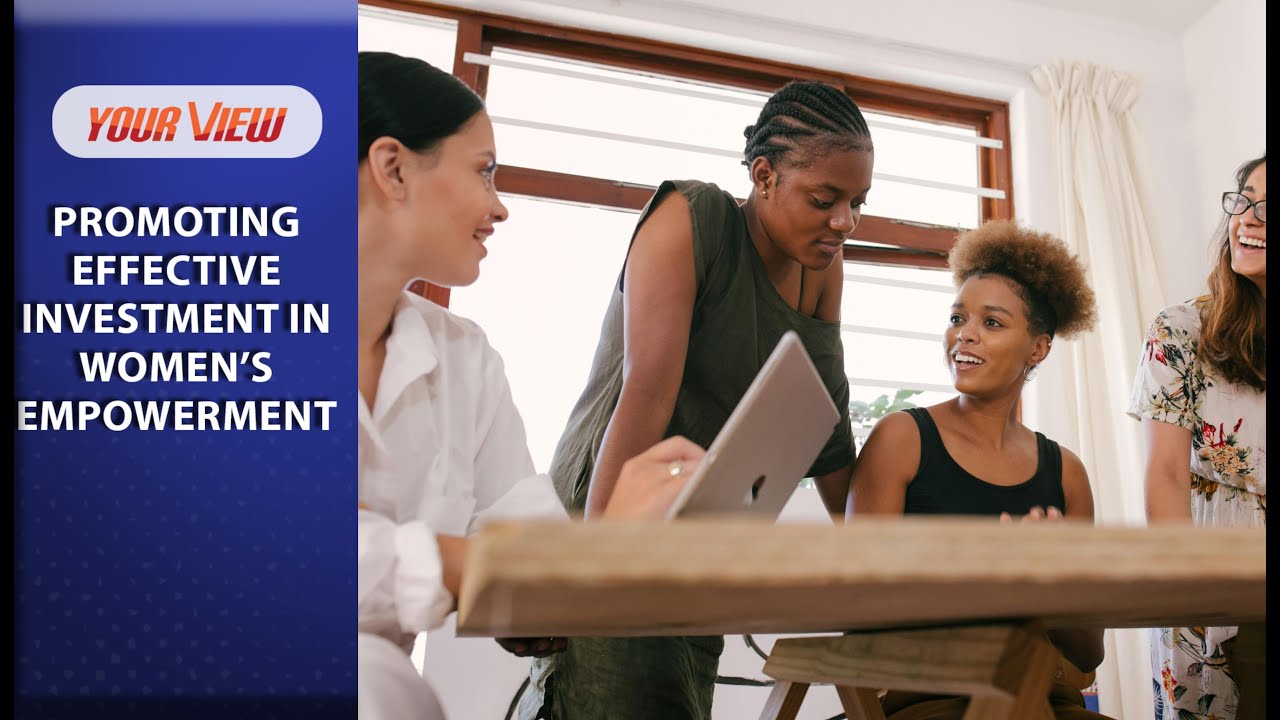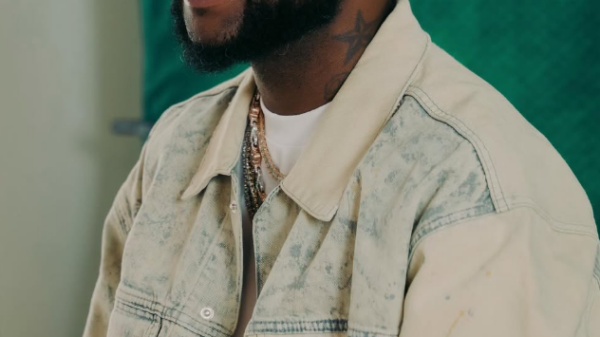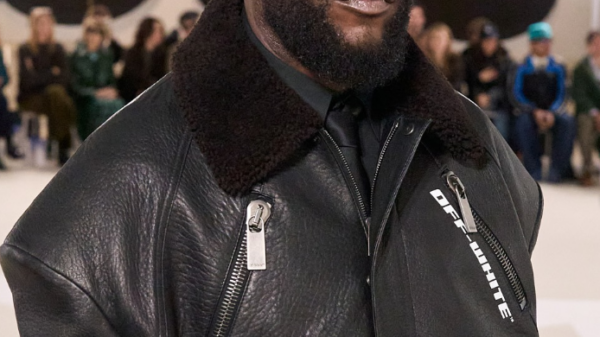While progress has been made, women continue to face significant barriers that disproportionately impact their health, well-being and participation in the economy. As shown by the impacts of the COVID-19 pandemic and global conflicts, women are often among the hardest hit during times of crisis. They remain overrepresented in lower-paid jobs and sectors, have less access to finance, property and other assets, and disproportionately shoulder the burden of unpaid care work. This limits their ability to fully contribute to and benefit from economic opportunities.
Investing in women is not only a human rights imperative, but it makes sound economic and social sense. Research shows that gender equality fosters more inclusive economic growth and benefits everyone in society. When women are supported with adequate resources and enabling environments, they reinvest their income back into their families and communities in ways that create positive ripple effects. It is therefore crucial that governments, organizations and individuals come together to close the gap and ensure women’s needs are prioritized and financed moving forward.
To understand how some leaders are investing in women, we spoke to three members of the World Economic Forum’s community of Young Global Leaders.
#naijaentertainmenttv
#NigerianCelebs #NollywoodGist #AfrobeatMusic #AfricanEntertainment #NigerianMusicIndustry #NaijaMovieIndustry #NaijaCelebrities #NaijaEntertainmentTV
#NigerianEntertainmentIndustry #NaijaShowbiz
















